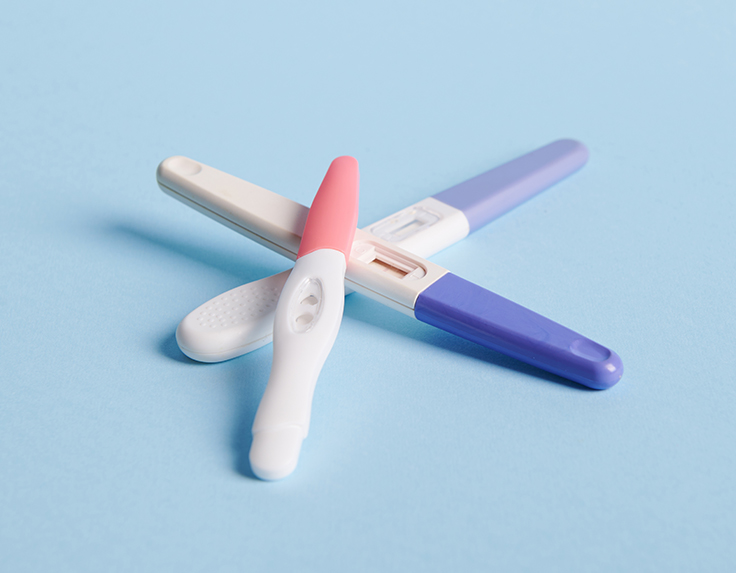Pregnancy is a special time in a woman’s life that requires a significant amount of attention and care. While it’s crucial to prioritize the health and wellbeing of the mother and baby during pregnancy, it’s equally important to embrace the value of fun and leisure. Engaging in enjoyable activities and taking time for leisure can help reduce stress, improve mood, and enhance overall health during pregnancy. Activities like prenatal yoga, swimming, and walking can provide a refreshing break from the daily routine and promote better sleep, reduce anxiety, and increase energy levels.
Moreover, taking time for fun and leisure activities can also provide a much-needed mental break from the demands of pregnancy. Whether it’s spending time with loved ones or treating oneself to small luxuries, taking time for leisure can be a vital aspect of self-care during pregnancy, which ultimately leads to a more fulfilling pregnancy experience.
In this context, swimming provides a full-body workout that helps maintain muscle tone and cardiovascular health during pregnancy. Additionally, swimming can help alleviate pressure on joints and reduce swelling, making it a particularly suitable option for pregnant women who may experience discomfort or pain. The buoyancy of water can also provide a sense of weightlessness, making swimming a particularly enjoyable activity for pregnant women who may feel weighed down by the extra weight of the baby. Let’s unfold the benefits of swimming during pregnancy.

Benefits of swimming during pregnancy
Swimming is a low-impact exercise that provides numerous benefits for pregnant women. Here are some of the benefits of swimming during pregnancy:
Reduced pressure on joints: As the baby grows, pregnant women often experience discomfort and pain in their joints. Swimming is a low-impact exercise that can alleviate this pressure and reduce swelling.
Cardiovascular health: Swimming provides a full-body workout that helps maintain cardiovascular health during pregnancy.
Muscle tone: Swimming helps maintain muscle tone and strength, which is particularly important during pregnancy to support the extra weight of the baby.
Weightlessness: Being in the water provides a sense of weightlessness, making swimming a particularly enjoyable activity for pregnant women who may feel weighed down by the extra weight of the baby.
Improved mood: Swimming can help reduce stress and anxiety, leading to an improved mood and better mental health.
Better sleep: Swimming can promote better sleep, which is particularly beneficial during pregnancy when hormonal changes can make it difficult to sleep well.
Social interaction: Swimming can be a great way for pregnant women to meet other expectant mothers and share their experiences.
It’s essential to consult with a healthcare provider before starting any new exercise routine, including swimming, to ensure safety and optimal health outcomes for both the mother and the baby.
Apart from the physical and mental health benefits, swimming during pregnancy offers several other advantages as well. Here are some of them:
Suitable for all trimesters: Swimming is an exercise that can be done throughout all three trimesters of pregnancy. Pregnant women can continue to swim until they feel comfortable and their healthcare provider permits them to do so.
Cool and refreshing: Swimming is an excellent activity to do during hot and humid weather as it helps keep the body cool and refreshed.
Versatile exercise: Swimming is a versatile exercise that can be customized to fit individual fitness levels. Pregnant women can adjust their swimming routine to their comfort level and gradually increase the intensity as they progress.
Reduced risk of injury: Swimming is a low-impact exercise that puts minimal stress on the joints, reducing the risk of injury.
Improved circulation: Swimming can help improve circulation, which is essential during pregnancy when blood flow is redirected to the baby.
Better preparation for labor: Swimming can help strengthen the muscles used during labor and delivery, making it an excellent preparation exercise.
Improved digestion: Swimming can help improve digestion, reducing the risk of constipation, which is common during pregnancy.
Hence, swimming is an excellent leisure activity for pregnant women that offers a wide range of physical, mental, and social benefits. It’s crucial to seek advice from a healthcare provider and follow safety precautions while swimming during pregnancy to ensure optimal health outcomes for both the mother and the baby.
While this information narrates the importance of swimming during pregnancy, let’s take a quick recap ans answer some frequently asked questions.
FAQs
- Is it OK for a pregnant woman to swim in a pool?
Yes, swimming in a pool is generally safe for pregnant women. It is a low-impact exercise that can be performed at various intensity levels, making it a great workout option for expectant mothers. However, it’s essential to consult with a healthcare provider before starting any new exercise routine, including swimming, to ensure safety and optimal health outcomes for both the mother and the baby.
- What style of swimming is safe for pregnancy?
Most swimming strokes are safe for pregnancy. However, the breaststroke is considered the best stroke for pregnant women because it requires minimal abdominal twisting and provides adequate support for the neck and back. Pregnant women should avoid the butterfly stroke as it involves significant abdominal twisting and puts pressure on the lower back.
- Is swimming good for delivery?
Swimming is an excellent exercise that can help strengthen the muscles used during labor and delivery, making it an excellent preparation exercise. It can also help improve endurance, which is crucial during the labor and delivery process. However, it’s important to note that every woman’s pregnancy, labor, and delivery experience is different, and it’s essential to consult with a healthcare provider to determine the best exercise routine for individual circumstances.




































